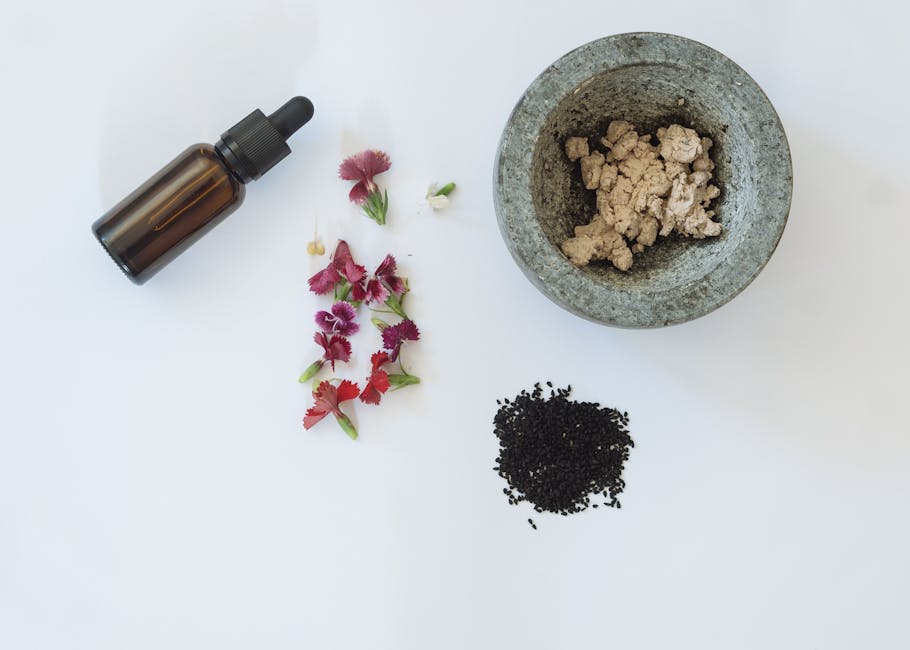
Tackling the challenge of treating dry, flaky skin on your face involves understanding the root causes and adopting targeted solutions. This condition, though common, can be a source of discomfort and self-consciousness for many. Dry, flaky skin can be a signal from your body that it’s in need of specific care and attention.
From environmental factors like cold, dry weather to internal aspects such as hydration and diet, various elements can contribute to your skin’s health. Prerequisites to any effective treatment include gentle cleansing, avoiding harsh skin care ingredients, and ensuring your skin is adequately hydrated.
Incorporation of moisturizers rich in hyaluronic acid and ceramides can offer relief by replenishing your skin’s natural barrier. Furthermore, exfoliation, though beneficial, should be approached with caution. Over-exfoliation can strip the skin of essential oils, leading to increased dryness and irritation. Seeking a balance in your skincare routine is key to restoring the skin’s moisture balance and achieving a smooth, hydrated complexion.

Establishing a Gentle Cleansing and Moisturizing Routine for Sensitive Skin
When tackling the challenge of dry, flaky skin on your face, the cornerstone should always be a gentle cleansing moisturizing routine. This not only soothes your sensitive skin but also prepares it for further treatments, making any additional products more effective. It’s crucial to choose cleansers and moisturizers that are free from harsh chemicals, fragrances, or any ingredients that might irritate your skin further.
One key product line that fits perfectly into this routine is products Cerave. Cerave’s range is designed with sensitive skin in mind, offering hydrating cleansers and moisturizers that help restore the skin’s natural barrier. By incorporating such products into your daily skincare regime, you can significantly alleviate the symptoms of dry, flaky skin, paving the way for a smoother, more supple complexion. Remember, the goal is to keep your skin hydrated without triggering any irritation, which is why opting for hypoallergenic and non-comedogenic products is a wise decision.
When it comes to treating dry flaky skin on the face, focusing on specific areas such as the nose can provide targeted relief and visible results. Dry skin around the nose isn’t just a winter ordeal but can persist throughout the year, causing discomfort and affecting one’s confidence. Below, find bespoke strategies for treating dry skin around the nose, seamlessly integrating into your broader quest to combat dry, flaky skin on your face. Let’s explore how to nurture this sensitive area for a harmonious, hydrated complexion.
Best Practices for Treating Dry Skin Around the Nose Area:
- Begin with gentle cleansing – Opt for a hydrating, fragrance-free cleanser to avoid stripping the skin of its natural oils.
- Invest in a humidifier – Adding moisture to your environment can prevent the air from drying out your facial skin, particularly around the nose.
- Stay hydrated – Drinking plenty of water supports overall skin hydration, helping to manage dry areas.
- Use a gentle exfoliator – Remove dead skin cells through mild exfoliation, enhancing the skin’s ability to absorb moisturizers.
- Apply a nourishing moisturizer – Look for ingredients like hyaluronic acid, ceramides, and glycerin to lock in moisture.
- Avoid irritating products – Skip skincare products containing alcohol or fragrance that can exacerbate dryness.
- Protect your skin – Always apply sunscreen, even in colder months, to protect the delicate skin around your nose from damage.
- Consider a targeted nasal emollient – For extremely dry cases, specific products can provide intense relief.
Incorporating these focused practices into your regimen for treating dry, flaky skin on your face will not only alleviate discomfort but also contribute to a healthier, more vibrant skin barrier. Embrace these steps with patience and consistency for the best outcomes.

Skincare Tips for Extremely Dry Skin
Dealing with extremely dry skin can be a challenging task, especially when it comes to the delicate area of your face. In an effort to treat dry, flaky skin, understanding both the causes and the solutions is pivotal. Implementing effective skincare tips can make all the difference. Hydration, both through internal and external means, plays a crucial role in managing skin health. Drinking plenty of water keeps the skin hydrated from the inside, while using the right moisturizers can lock in moisture from the outside.
Choosing products specifically formulated for extremely dry skin is essential. Look for ingredients like hyaluronic acid, ceramides, and glycerin, which are known for their hydration properties. Moreover, incorporating gentle exfoliation into your routine can help remove dead skin cells, allowing moisturizers to penetrate more effectively. Be cautious, however, as over-exfoliation can lead to more harm than good, particularly for dry skin types. Regular, careful skincare regimes tailored to your skin’s needs can significantly improve its condition, reducing dryness and flakiness over time.
Skincare Tips for Extremely Dry Skin
When you’re dealing with extremely dry, flaky skin on your face, it can feel like an uphill battle. Understanding the potential causes and exploring effective solutions is essential. This FAQ section aims to provide practical skincare tips for extremely dry skin, helping you to alleviate discomfort and improve your skin’s health.
What causes extremely dry skin?
Dry skin can result from several factors, including genetics, environmental conditions like cold weather, indoor heating, hot showers, and certain skincare products that strip natural oils. It’s crucial to identify the cause to tailor your skincare regimen appropriately.
How can I maintain hydration in my skin?
- Moisturize regularly: Look for products containing hyaluronic acid, glycerin, or ceramides. Apply immediately after bathing to lock in moisture.
- Avoid hot showers: Opt for lukewarm water instead and limit your shower time.
- Use a humidifier: This can help add moisture to the air, especially in dry climates or during winter.
Are there any dietary tips that help with extremely dry skin?
Eating a balanced diet rich in omega-3 fatty acids, such as those found in fish and flaxseed, can support skin health. Staying hydrated by drinking plenty of water is also beneficial.
When should I seek professional help for my dry skin?
If you’ve tried various skincare tips for extremely dry skin and see no improvement, it might be time to consult a dermatologist. Persistent dryness, redness, or itching could indicate an underlying condition that requires professional treatment.





